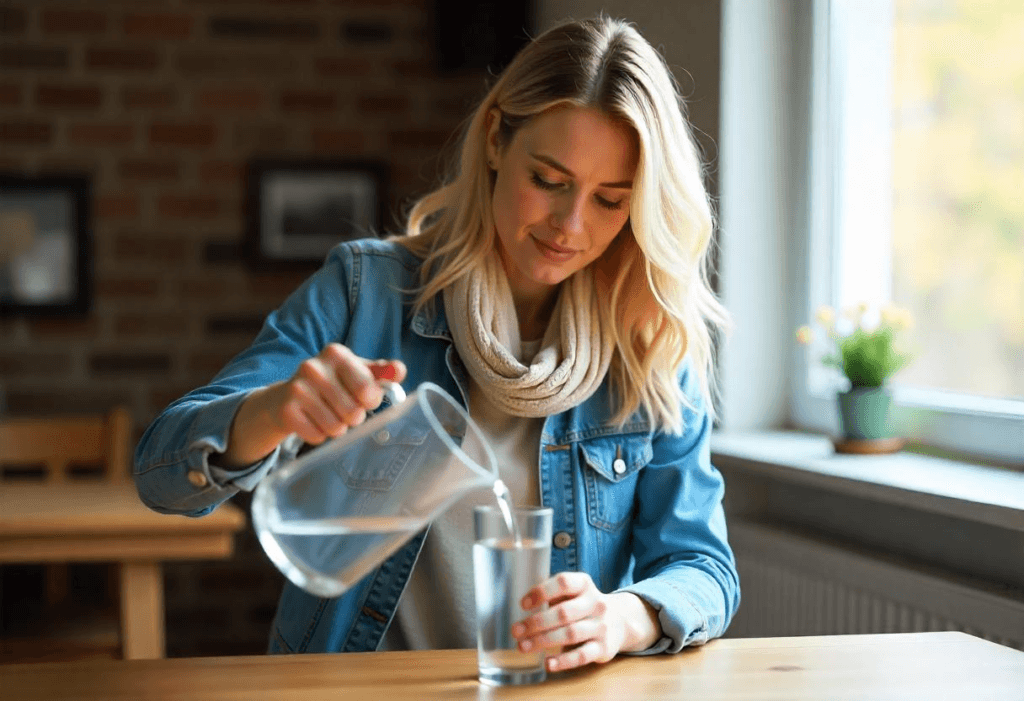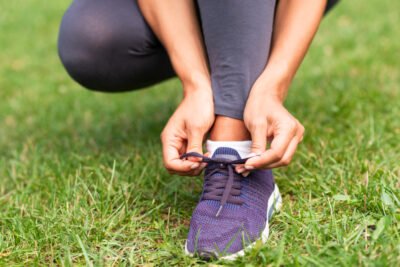Did you ever hit that mid-afternoon wall where your brain feels like a buffering video and your energy levels flatline? You’re not alone. Millions of us reach for a coffee or a candy bar to power through, or in India, many people take tea.
Dehydration doesn’t just make you thirsty. Studies show that even mild fluid loss can zap your focus, crank up fatigue, and leave you feeling like a deflated balloon. The good news? A few easy tweaks to your hydration habits can recharge your energy naturally, without the crash.
In this article, we’ll break down why your afternoon slump might be whispering, “Hey, drink up!” and share practical, science-backed tips to stay hydrated (even if you hate plain water). Spoiler: Your future self will high-five you.
1. Start Your Day with Water (Before Coffee!)
Your body loses water overnight through breathing and sweat. Drinking a glass of water first thing rehydrates you and kickstarts your metabolism. Try adding a squeeze of lemon for a refreshing twist.
Pro tip: Keep a glass by your bedside so it’s the first thing you reach for.
2. Eat Your Water
Not a fan of chugging H2O? Foods like cucumbers, watermelon, strawberries, and spinach are 90%+ water. Snacking on these adds hydration and nutrients.
Recipe idea: Toss cucumber slices, mint, and lime into your water for a spa-like upgrade.

3. Set a “Sip Schedule”
Waiting until you’re thirsty means you’re already dehydrated. Set phone reminders every hour to take 3-4 sips. Use a marked bottle to track progress—aim for at least half your body weight (in pounds) in ounces daily.
Example: If you weigh 150 lbs, drink 75 oz (about 9 cups).
4. Skip the Sugary “Energy” Drinks
Soda and sweetened teas cause energy spikes and crashes. Swap them for herbal teas (try peppermint or hibiscus) or sparkling water with a splash of fruit juice.
Bonus: Herbal teas like chamomile or ginger can soothe digestion, too.
5. Hydrate Before and After Exercise
Even a 30-minute walk dehydrates you. Drink a glass of water 20 minutes before activity and another after. For sweaty workouts, add a pinch of salt to water to replenish electrolytes.
But What If I Hate Water? (We’ve Got Fixes)
- Flavor it naturally: add frozen berries, citrus slices, or fresh herbs like basil.
- Try “spa water.” Mix cucumber, lemon, and mint for a refreshing twist.
- Sip herbal iced tea: Brew caffeine-free teas (like rooibos) and chill overnight.
- Eat hydrating soups: broth-based soups or gazpacho count toward your fluid intake!
FAQs: Your Hydration Questions, Answered
Q: How do I know if I’m dehydrated?
A: Check your pee! Pale yellow = hydrated. Dark yellow or amber = drink up. Other signs: dry mouth, headaches, or feeling irritable.
Q: Can coffee or tea count toward my water intake?
A: Yes, but in moderation. Caffeine is a mild diuretic, so balance each cup with equal water.
Q: Is it possible to drink too much water?
A: Rarely, but yes (called overhydration). Stick to your body weight guidelines and listen to your thirst cues.
The Bottom Line
Hydration isn’t about forcing gallons of water—it’s small, consistent sips that keep energy steady. Next time the afternoon slump hits, skip the candy aisle and grab your water bottle. Your brain (and body) will thank you.
Remember: If fatigue persists despite hydration, talk to a doctor. It could signal low iron, thyroid issues, or sleep problems.






